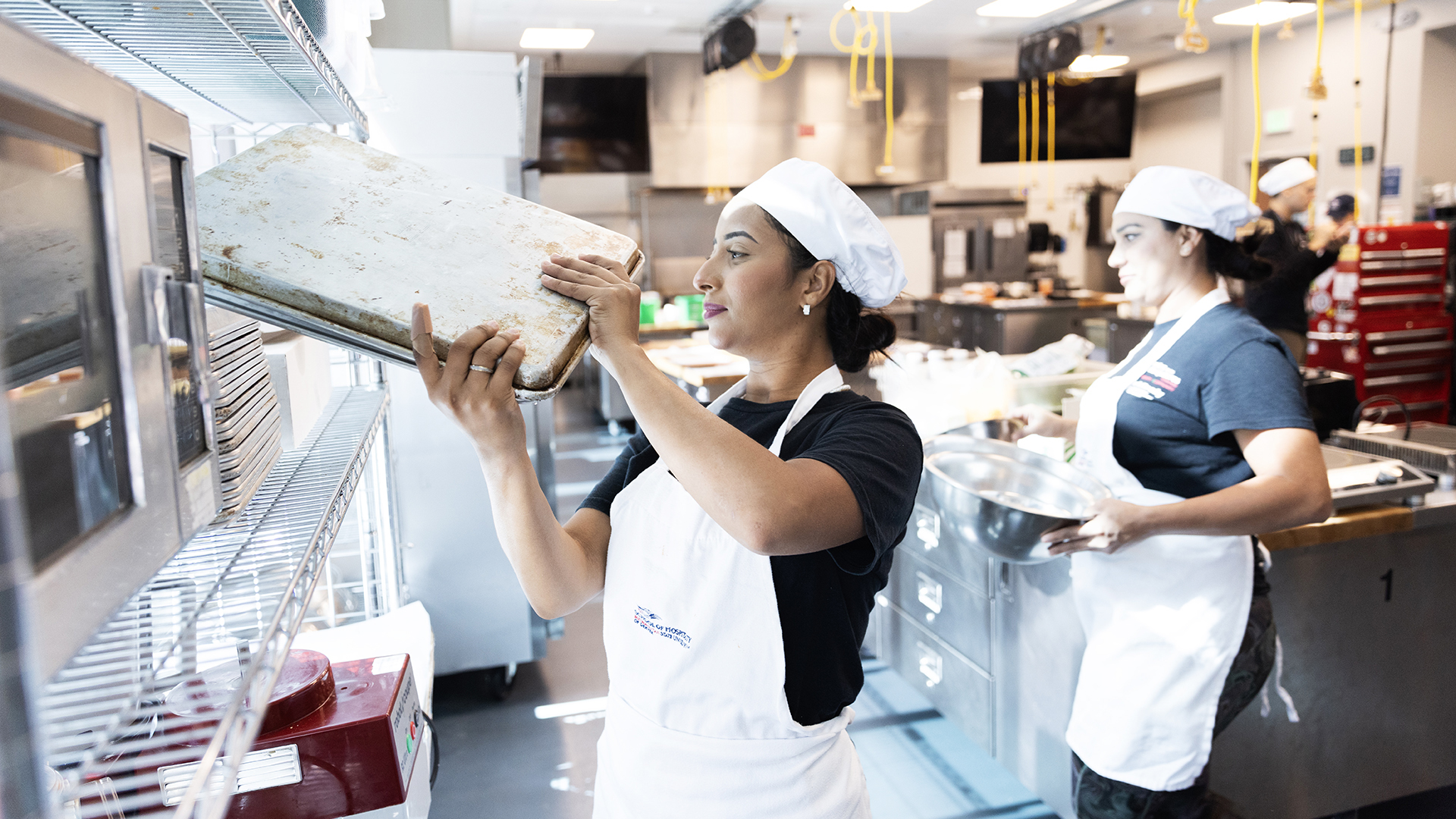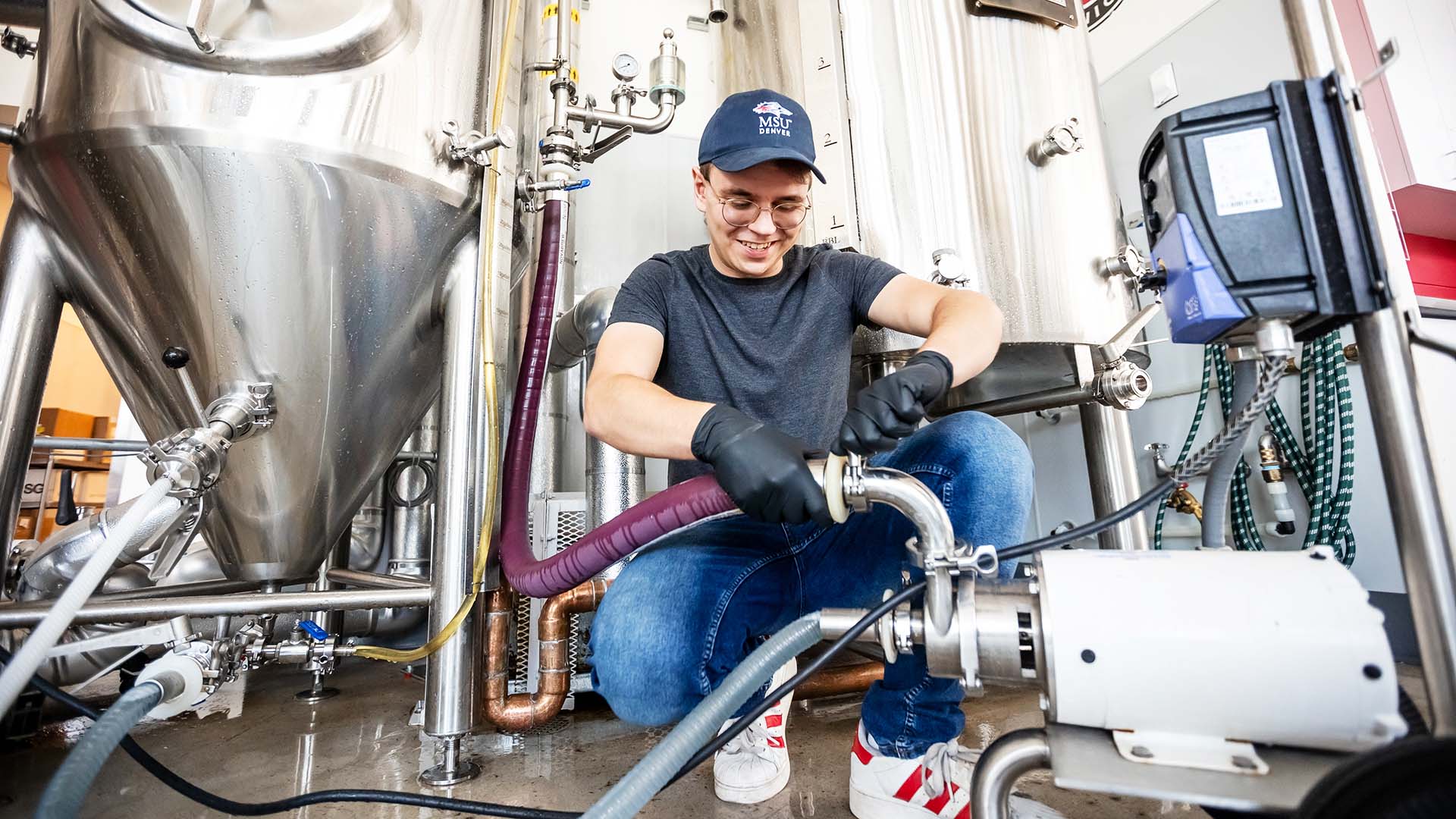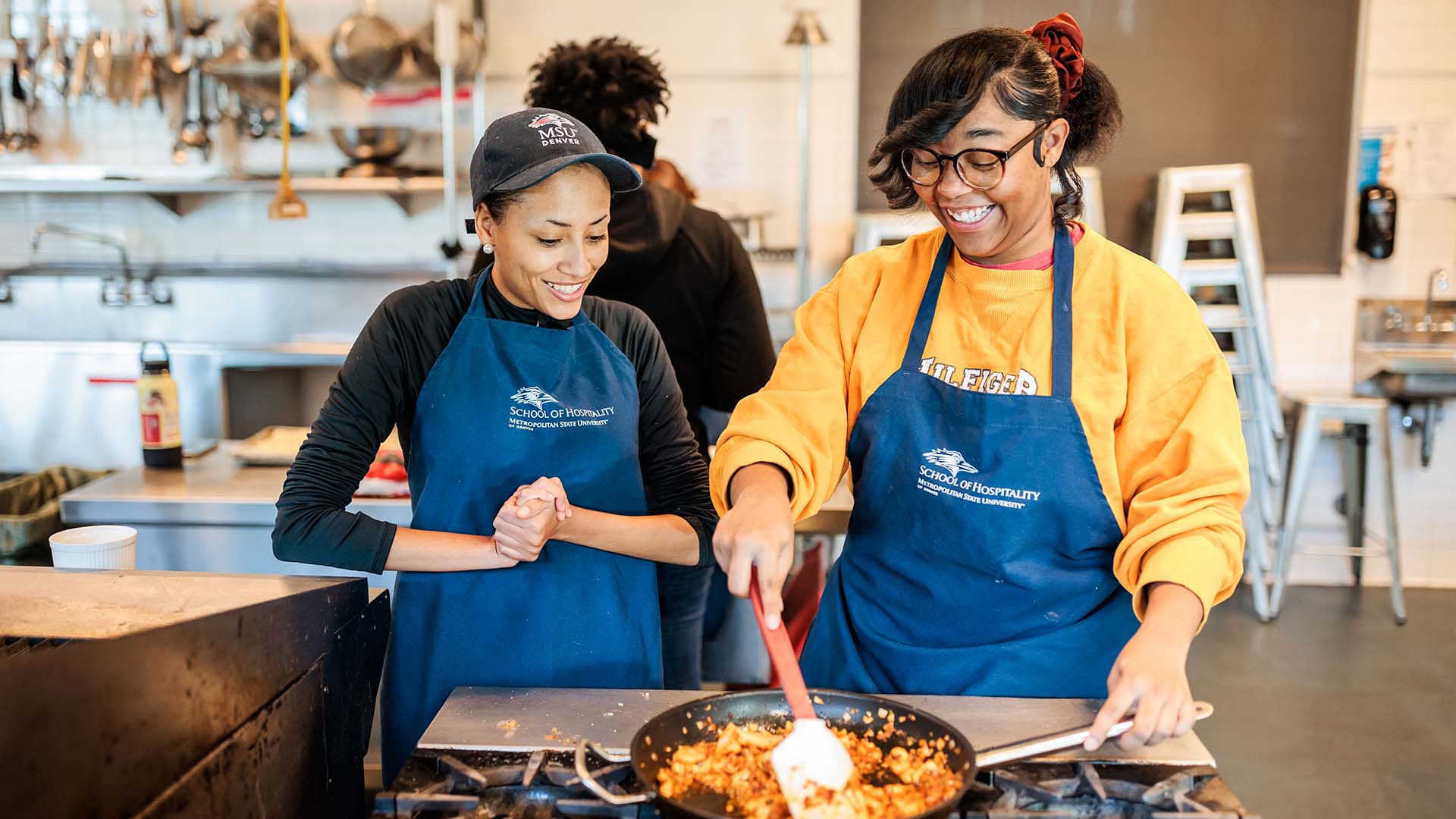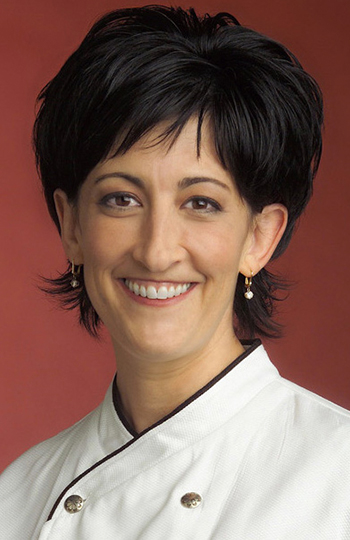Pizza prospers amid pandemic
Americans are eating more pizza than ever, and Wood Fired University is showing smart entrepreneurs how they can get a piece of the pie. Plus: Try this recipe for Nutella dessert pizza.
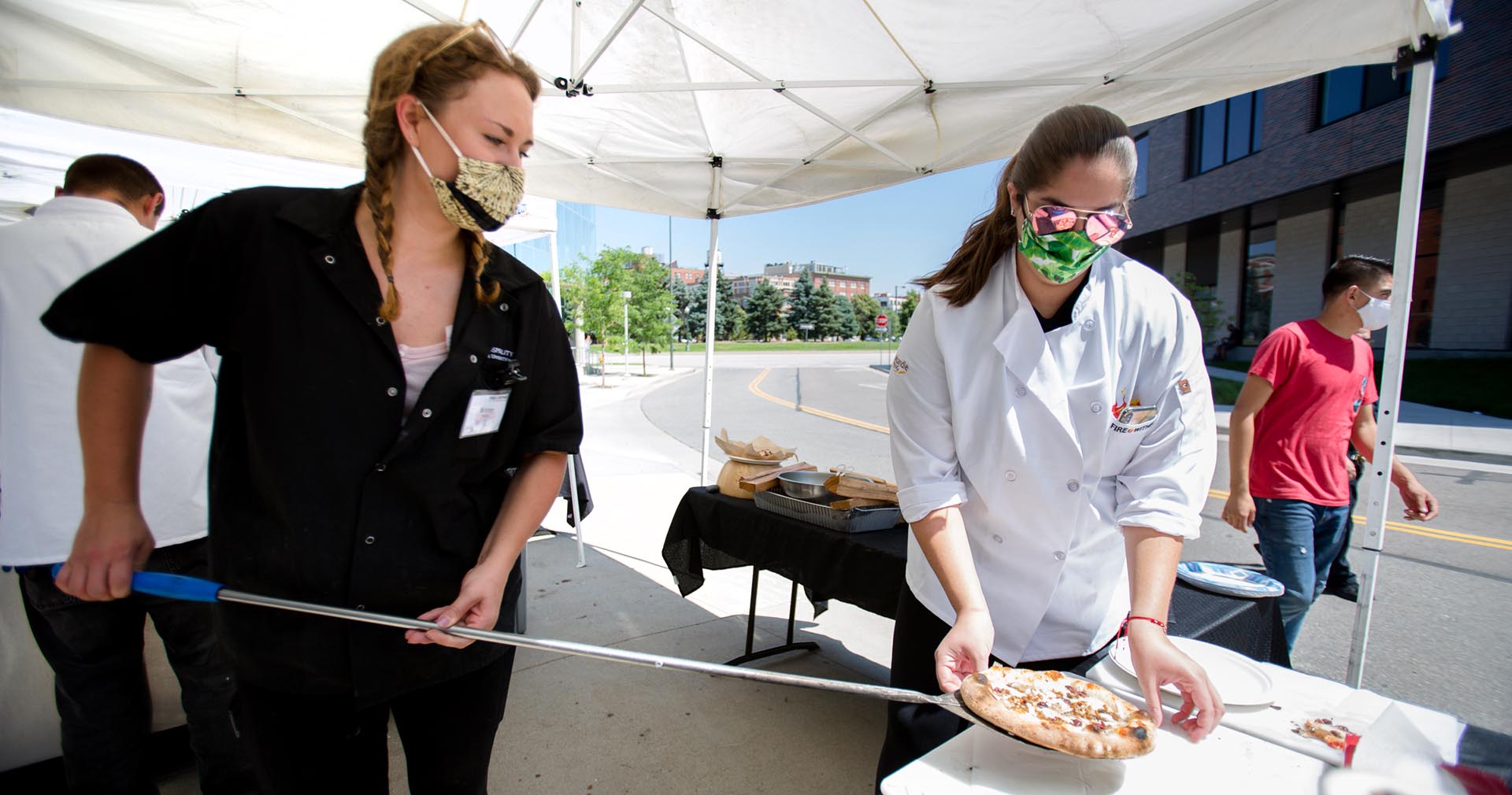
The pizza business is booming during the COVID-19 pandemic, no pivot required.
Domino’s same-store sales are up 16% for 2020’s second quarter, while Papa Johns announced last week that North American same-store sales soared 28% for the three months that ended June 28. Pizza businesses as a whole — already equipped to deliver and fulfill carryout service — are outperforming quick-service and fast-casual restaurants and realizing per transaction growth of 11% year over year during the pandemic, according to Quick-Service and Fast Casual Restaurant News.
Local pizza entrepreneurs can still get their slice of the pie because of the sector’s low comparative overhead costs, Metropolitan State University of Denver School of Hospitality students learned at Wood Fired University, a three-day seminar at the on-campus SpringHill Suites by Marriott. The workshop run by Fire Within, a wood-fired-oven builder and provider, serves as an intensive crash course in getting a mobile wood-fired-pizza business off the ground and supporting new entrepreneurs, said organization president Ajith Dharma.

“The food cost is awesome on pizza,” said Britney Amidei, an Individualized Degree Program student at MSU Denver studying food-and-beverage analytics. “(In other restaurants) you’re talking about 30%, but pizza is around 15-20%; that’s similar to where you’ll be on liquor costs – any time you can have food on that level, you’re in a good spot.”
Amidei, along with fellow MSU Denver student Alejandra Martinez, were awarded scholarships to attend the seminar; they each separately developed wood-fired-pizza business plans as part of Chef Jackson Lamb’s Concept Development for Restaurants class. Students were given an 800-square-foot space constraint for the project.
“With a limited space, you have to have a tight menu,” Lamb said. “Pizza is great for that, as recipes can be customized out the wazoo, but at its base it’s really just three ingredients – dough, cheese and sauce, end of story.”
A mobile pizza enterprise presents an attractive business proposition because it can be launched for under $40,000, compared with several times that for many brick-and-mortar franchises, the budding entrepreneurs learned at the event.

“Studying areas like hospitality leadership and Chef Lamb’s concept-development course, combined with the hands-on work (of the seminar), really gives me the confidence to know what it’s like to have something like this one day myself,” Martinez said.
“This experience really makes me want to own a pizza oven,” added Amidei. “It’s hard work, but it’s so gratifying to see how much happiness you can bring others – everybody loves pizza.”
That’s it has the power to transform itself to any geography, Dharma said, noting regional variants and the food’s storied history.
“When you look at the ovens we’re using, they’re not very different from those 3,000 years ago – this is the original fast food.”
From Executive Chef Stephanie Petersen of Denver-based Panhandle Milling, who supplied flour for the event. Panhandle sources ingredients from the Navajo Nation in New Mexico; Petersen’s brother John Wanberg is also a professor of industrial design at MSU Denver.


